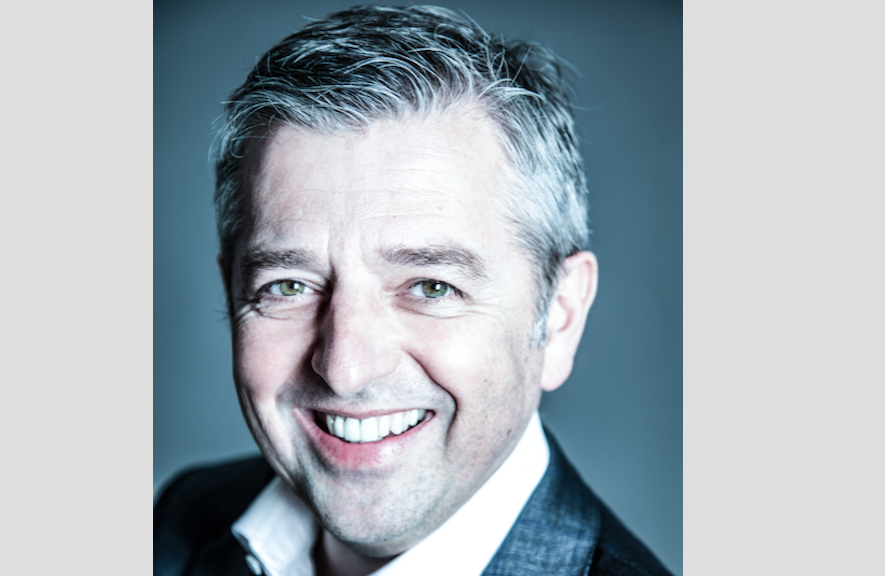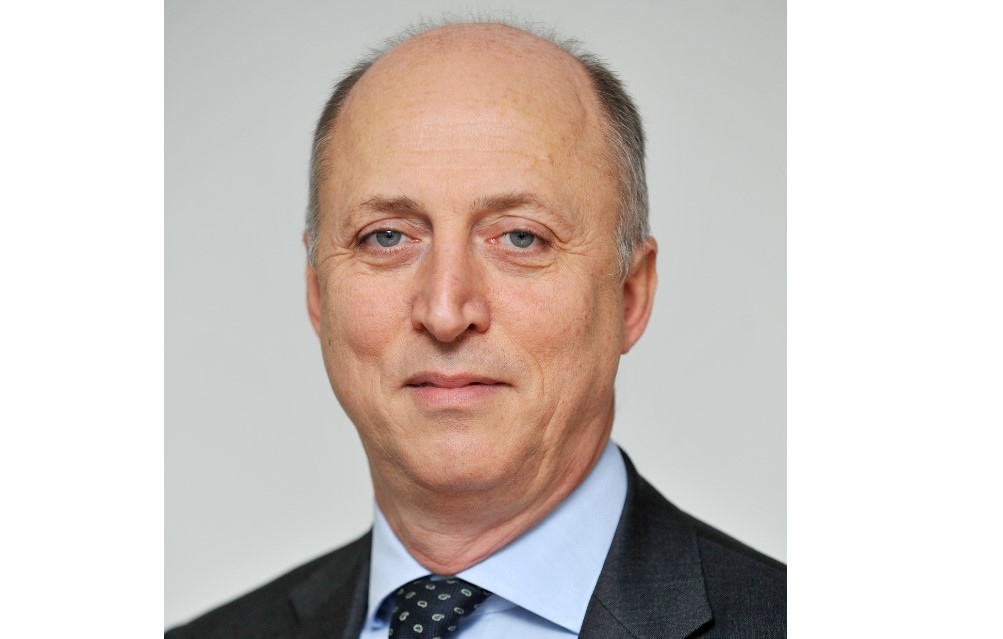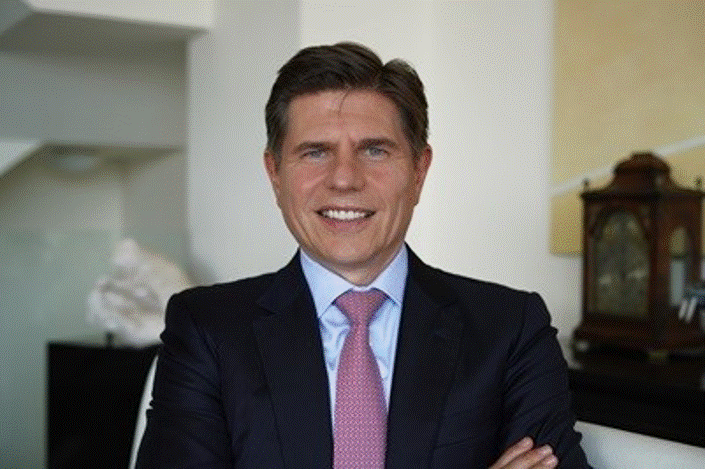Professional Fund Selectors Anticipate Heightened Risk in 2021 but Are Optimistic about Market Opportunities
| By Beatriz Zúñiga | 0 Comentarios

Natixis Investment Managers recently published the results of its annual Global Survey of Fund Selectors, which found that, against the backdrop of continued market volatility and negative interest rates, professional buyers are positioning portfolios to capture the upside potential in 2021.
The survey was conducted last November and December among 400 investment professionals, including fund selectors at independent financial advisors, registered investment advisors, insurance company investment platforms, private banks and family offices around the world, representing 12.7 trillion dollars in assets.
One of the conclusions of Natixis IM is that, despite the newfound optimism provided by the approval of the Pfizer and Moderna vaccines towards the end of 2020, six in ten fund selectors believe the COVID-19 “new normal” is here to stay and two-thirds predict the global economy will not recover from it in 2021.
Significant concerns about the pandemic and politics have not necessarily translated into a negative view on markets and the majority (80% of those surveyed) believe central banks will support the market in the event of another downturn.
According to respondents, volatility and negative rates are the first and second portfolio risks for global fund buyers in 2021, at 49% and 39% respectively. Other risk concerns included inflation (37%), a credit crunch (34%) and liquidity issues (25%).

With more fiscal and monetary stimulus likely to come from policy makers, fund selectors think stocks have even more room to run in 2021 and will look around the globe for opportunities.
In this sense, projections at the end of Q4 2020 favored a risk-on strategy, with 61% calling for small-caps to outperform large-caps, 60% predicting emerging markets to outperform developed markets, and 66% saying aggressive portfolios will outperform defensive in 2021. Fund selectors will be focusing on finding the potential bright spots in difficult markets and 70% forecast active investment will outperform passive in 2021.

“2020 marked a year of extreme challenges for markets that went beyond the health pandemic, including climate events and natural disasters, political tensions and the fastest market correction in history. Uncertainty continues and concerns are mounting that financial markets may have entered bubble territory. However, fund selectors surveyed view market risk as an opportunity, while acknowledging close analysis is required to uncover the opportunities to generate alpha for clients”, said Matt Shafer, Head of Wholesale & Retail Distribution, Natixis Investment Managers commented:
An optimistic vision
According to the survey results, optimism carries over into sector views and pro buyers are particularly bullish on healthcare, with 56% of those surveyed calling for the sector to outperform, followed by consumer discretionary (46%), information technology companies (45%) and energy (44%) and financials (44%).
ESG investing has remained a consistent focus area for global fund buyers. ESG strategies were a proven winner from the market turmoil in 2020 and 57% of respondents believe outperformance will continue in 2021. To access the full breadth of opportunities in the market, more than half of fund buyers intend to add to their model portfolios offering and enhance their lineup with specialty strategies for ESG and thematic investing.
Adapting asset allocation
In an environment of low to negative interest rates and slow growth, the survey revealed that value investing is making a comeback in 2021. Entering 2020, fund buyers focused their attention on sectors with strong secular growth drivers, while conversely, in 2021, 63% of fund buyers anticipate that value stocks will outperform growth.
Over one third (36%) of fund selectors surveyed intend to reduce their US equity holdings to capitalise on the opportunities presented by market performance in other territories, with 55% planning to acquire APAC stocks.
Against a backdrop of continued market volatility, Natixis IM shows that fund buyers seek to reorientate portfolios to take advantage of the emerging markets opportunity beyond Asia, with 65% of participants stating that emerging markets are more attractive now than they were before Covid-19. Moreover, 52% of participants confirm that they will be increasing their emerging markets positions.
Concerns about investor risk appetite
Given that fund selectors see the potential for greater volatility and are projecting value stocks to outperform growth, 83% believe markets will favor active investments in 2021.
The asset manager believes that commitment to active strategies was likely reinforced last year, when two-thirds say active investments on their firm’s platform outperformed during the market downturn.
“There is growing concern amongst professional buyers that individual investors will be able to successfully navigate the risks they face in 2021″, the survey points out. In Natixis IM’s view, the strong market performances throughout the pandemic is likely to have caused retail investors to take on risk more carelessly than before Covid-19 and 78% of fund buyers have concerns that increased volatility will cause individuals to liquidate their investments prematurely.
As a result, fund selectors see their firms transforming the investment offering to achieve greater consistency across client portfolios to better meet client needs, with 80% saying the emphasis is on quality rather than quantity. Given the focus on riskier, more volatile assets and concerns about potential liquidations, more than half (54%) among the 295 professional buyers whose firms offer clients model portfolios anticipate that they will move more clients to model portfolios in 2021.







